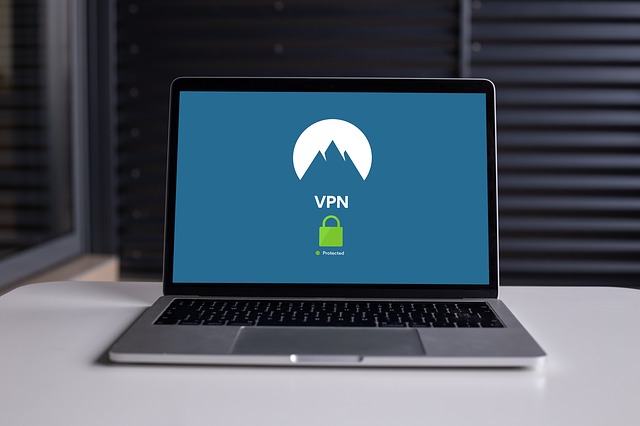With the presence of online hackers, spyware, and malware, you must strive to increase your safety online. Many companies breach personal data. Unfortunately, you may not do much to prevent these breaches. You shouldn’t be surprised to find all the chapters you read on a single day encrypted by ransomware.
When trojan captures your data credentials, you may log into your bank account and find a zero balance. Fortunately, you have power over some online security issues while you browse different sites online. This is how to make sure your online data s protected and secure:
Use Effective Security Tools
Many privacy settings and apps can help you protect your devices while online. However, you must use them appropriately. Understand all the settings and features of the security tool you use. For instance, your smartphone most probably has a tracking number that you can use to trace it when anyone steals the phone. Without prior testing of this tracking tool, you might not be able to track your phone when you lose it. Therefore, test every security tool you use to know how to use it.
You can also consult professionals to get advice on the security tools you should use to protect your business. Some experts may recommend that you focus on PCI compliance to protect your business against cyber threats. You can read more here if you’re interested in learning more about PCI compliance but make sure you assess your business needs first. Identify the evolving risks that your businesses face and choose relevant technology to protect your business against these threats.
Install an Antivirus and Regularly Update It
Software antiviruses have a lot of benefits besides detecting and removing viruses from your computer. They can protect you from ransomware encrypts, which may encrypt your files and ask you to pay for your files to be restored. Antiviruses can keep you safe from trojan horse systems which may steal your private information. An effective antivirus can also protect your computer from a bot that would otherwise convert your computer into a zombie soldier, causing spam and launching denial-of-service attacks.
Additionally, don’t just install an antivirus and fail to use it. Many people feel confident when their antiviruses are running in the background and regularly download updates. However, you should check your antivirus often. Ensure the display is green, as this color often means your data is safe. Should you realize there’s some red or yellow color, you must take immediate action. These colors insinuate danger, and you must run immediate scans to clear any looming malware and security threats.
Create Unique and Strong Passwords
Anytime you’re logging not different online sites, you should use unique, strong passwords. Hackers can gather your usernames and passwords and use these combinations to log into different sites. Hackers can get your email username and password and use them to log into your bank account. To prevent such breaches, use a unique and strong password for each of your online accounts.
Furthermore, if you have trouble creating unique passwords, you can use password managers who are mostly free. There are also chargeable password managers who can offer you more security features than the free versions. For password manager, you’ll only need to remember the master password.
The master password is the encryption that locks your password manager itself. When you unlock your password manager, you will automatically log into all your online accounts. You will save yourself time as you must not type in your logins or struggle to reset forgotten passwords over and over.
Get a VPN
Using public wifi increases your risk of data breaches and data stealing. Therefore, any time you log into public wifi, consider using a Virtual Private Network to enhance your data safety. For these networks, you hardly know their secure connections. Hackers on such networks can read through or steal data and files you send from your mobile devices. Some hotspot owners also have the intention of sniffing out people’s secrets from wifi networks.
Fortunately, with a VPN, you can encrypt all your internet traffic by routing the data through the server that your VPN service provider owns. As a result, no one can snoop on your data, not even the public wifi owner. A VPN can hide your IP address. By hiding your geolocation details, you make it difficult for hackers to locate your details. You can also access any data anywhere in the world, including that which has geographical restrictions.
Technological advancements are not without risks and challenges. One of the greatest risks that both businesses and individuals battle with is data breach and hacking. Luckily, with the right security tools, a VPN, strong passwords, and active antiviruses, you can be all safe.







